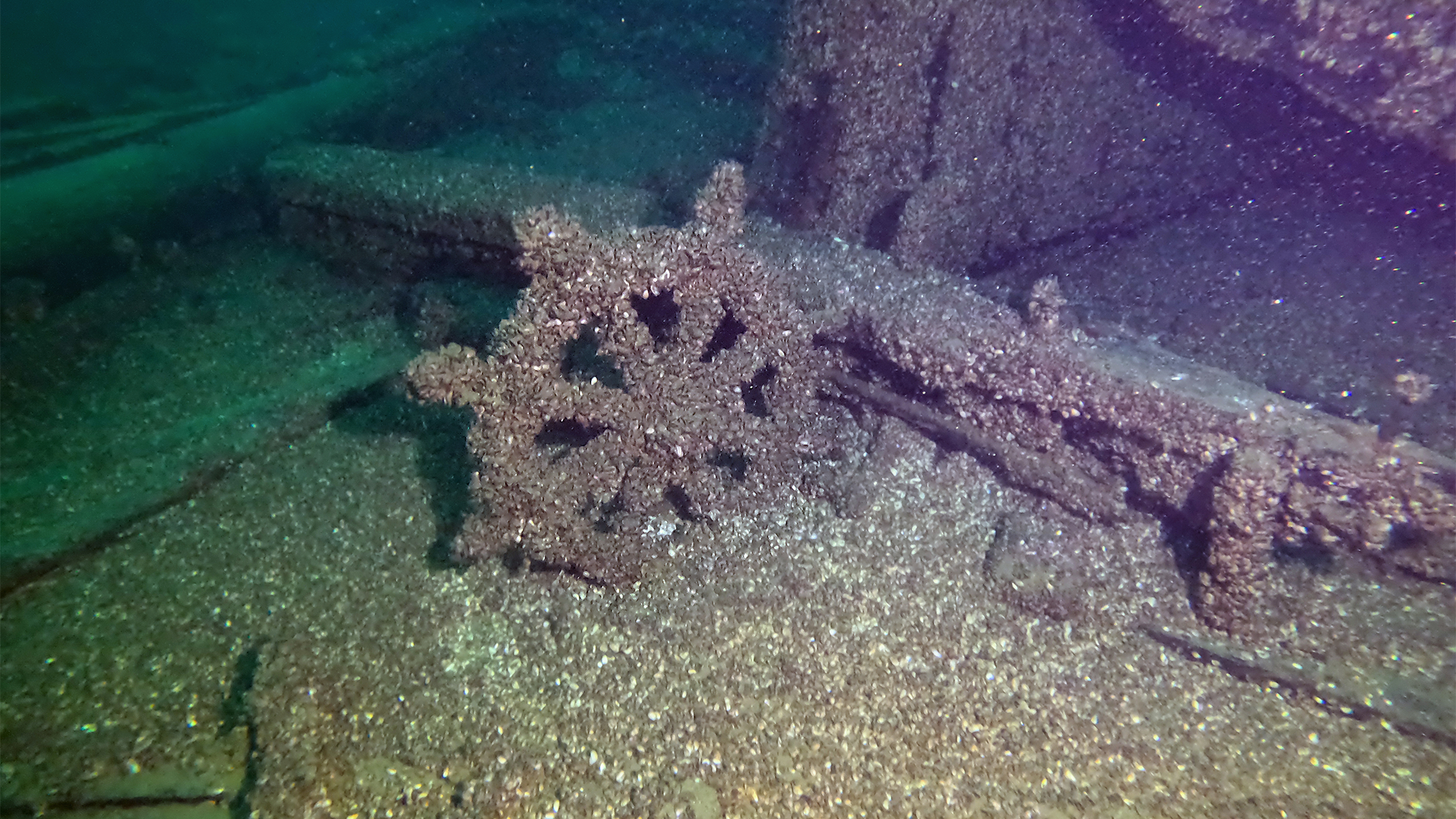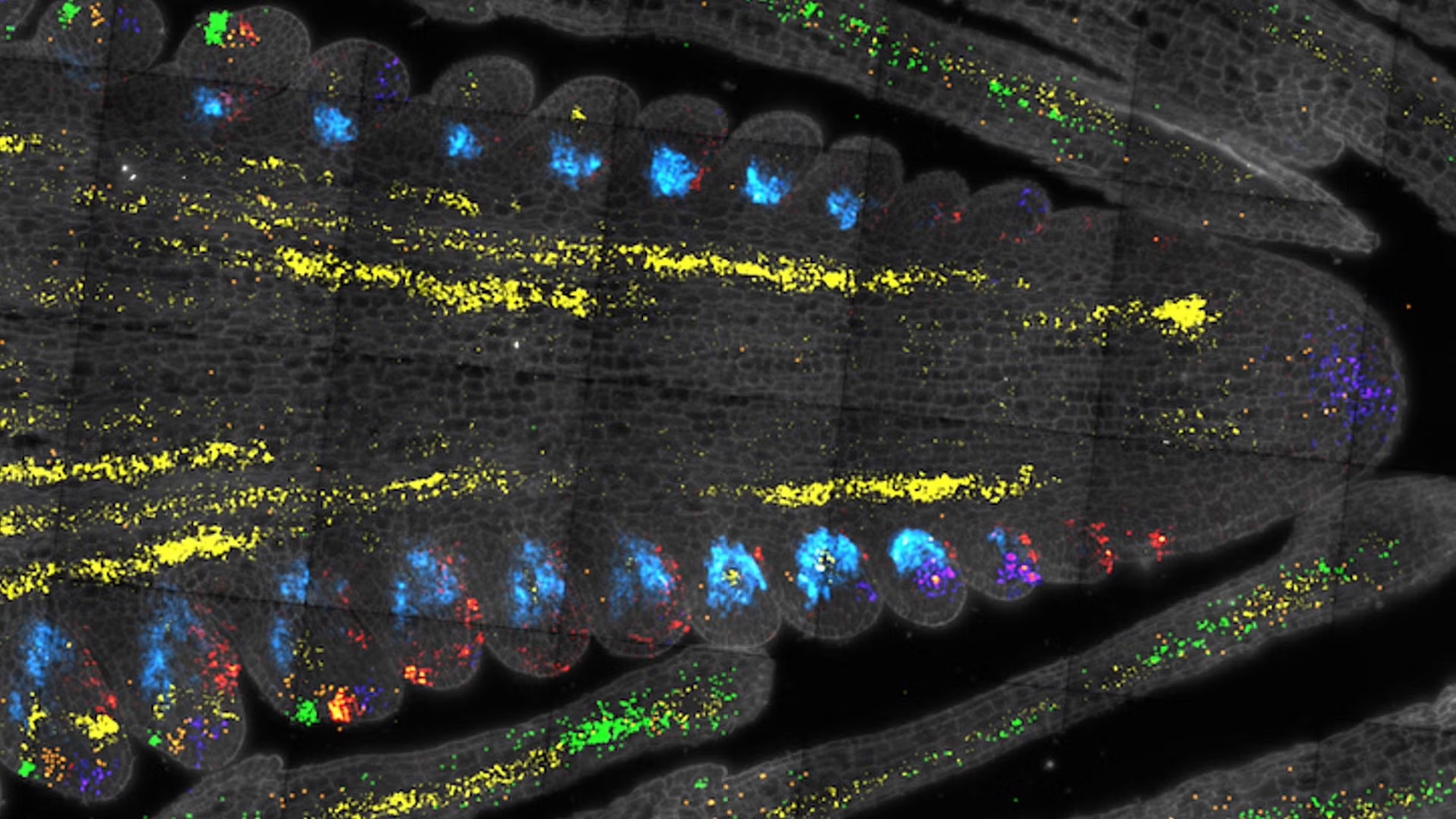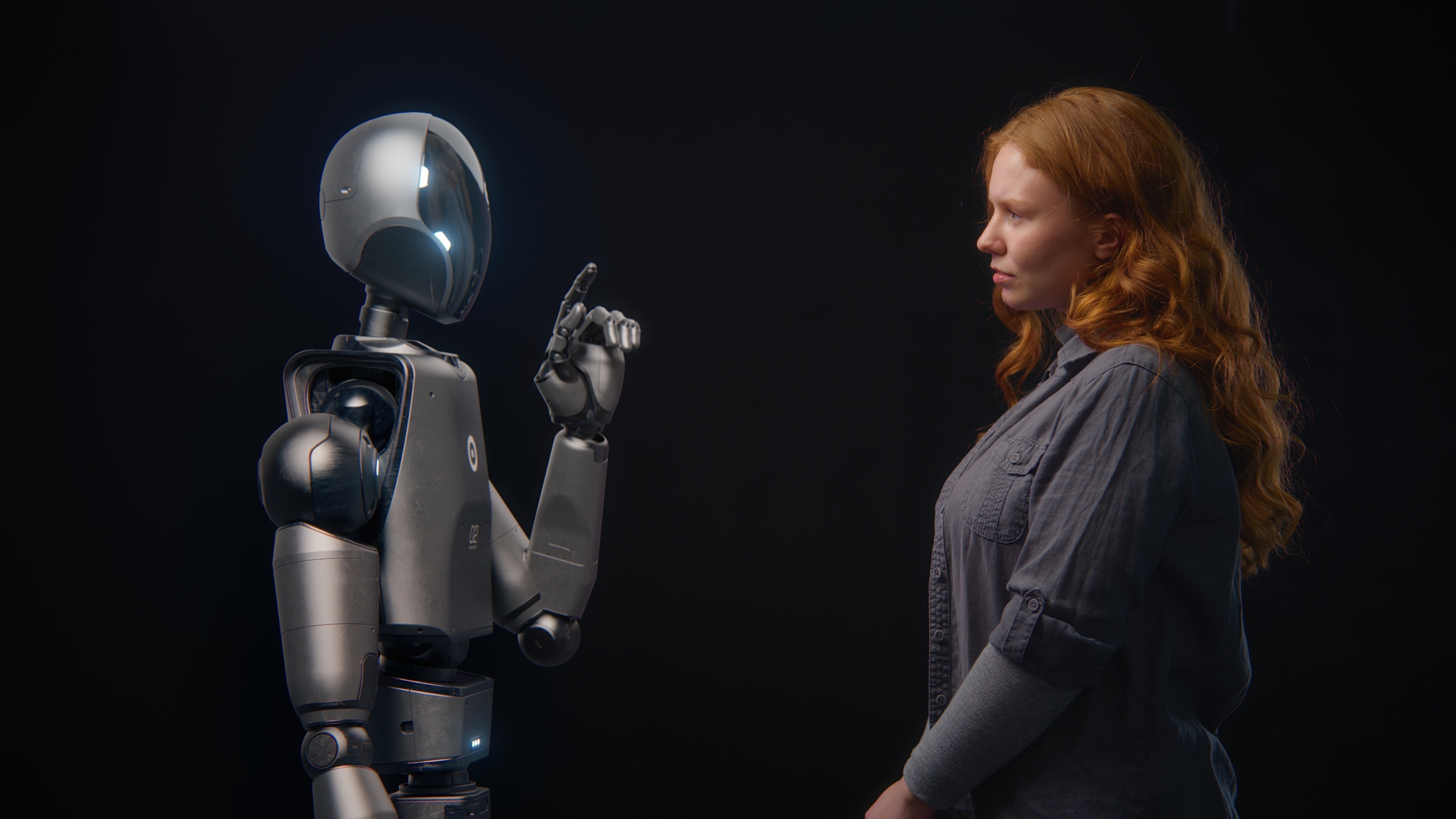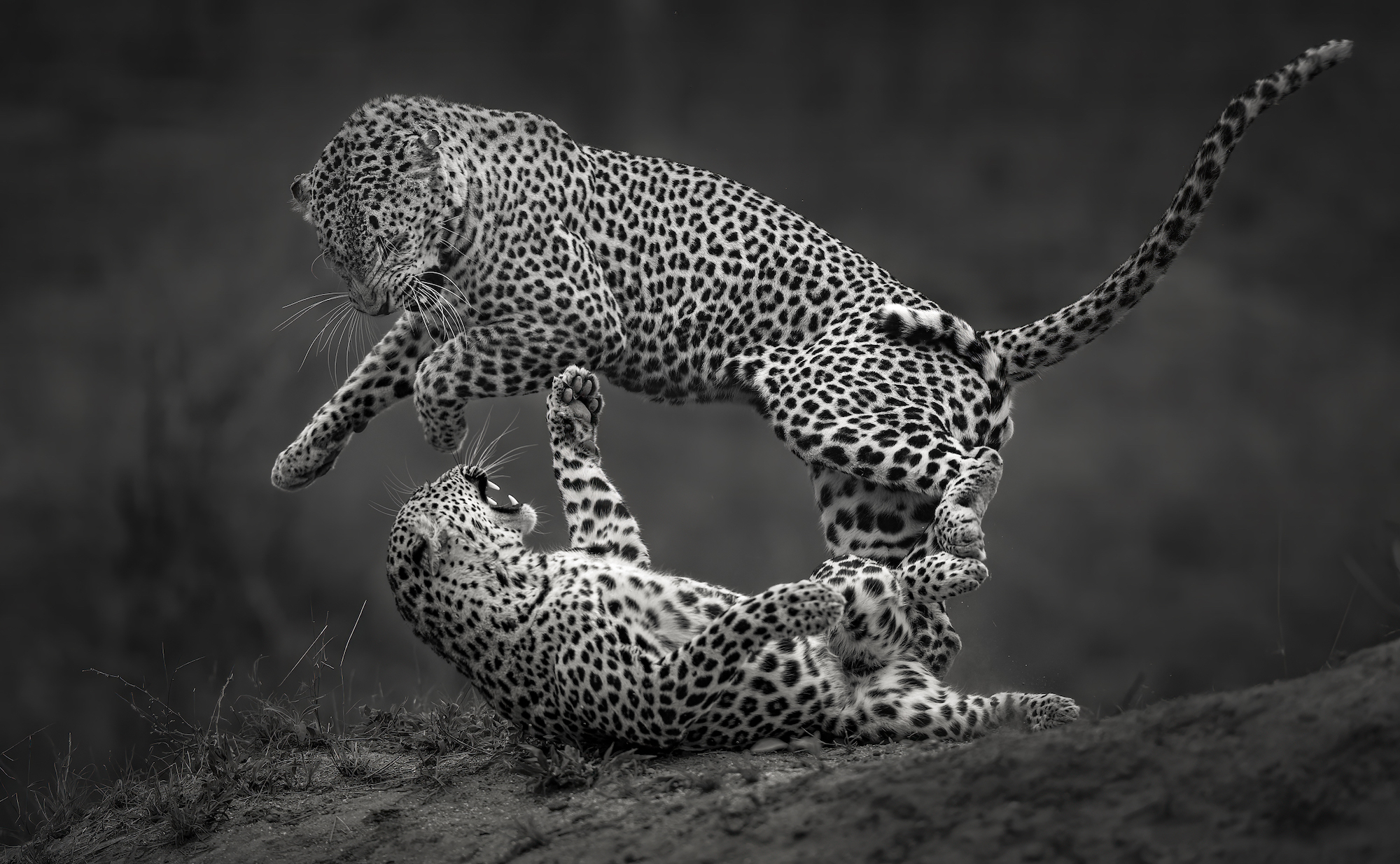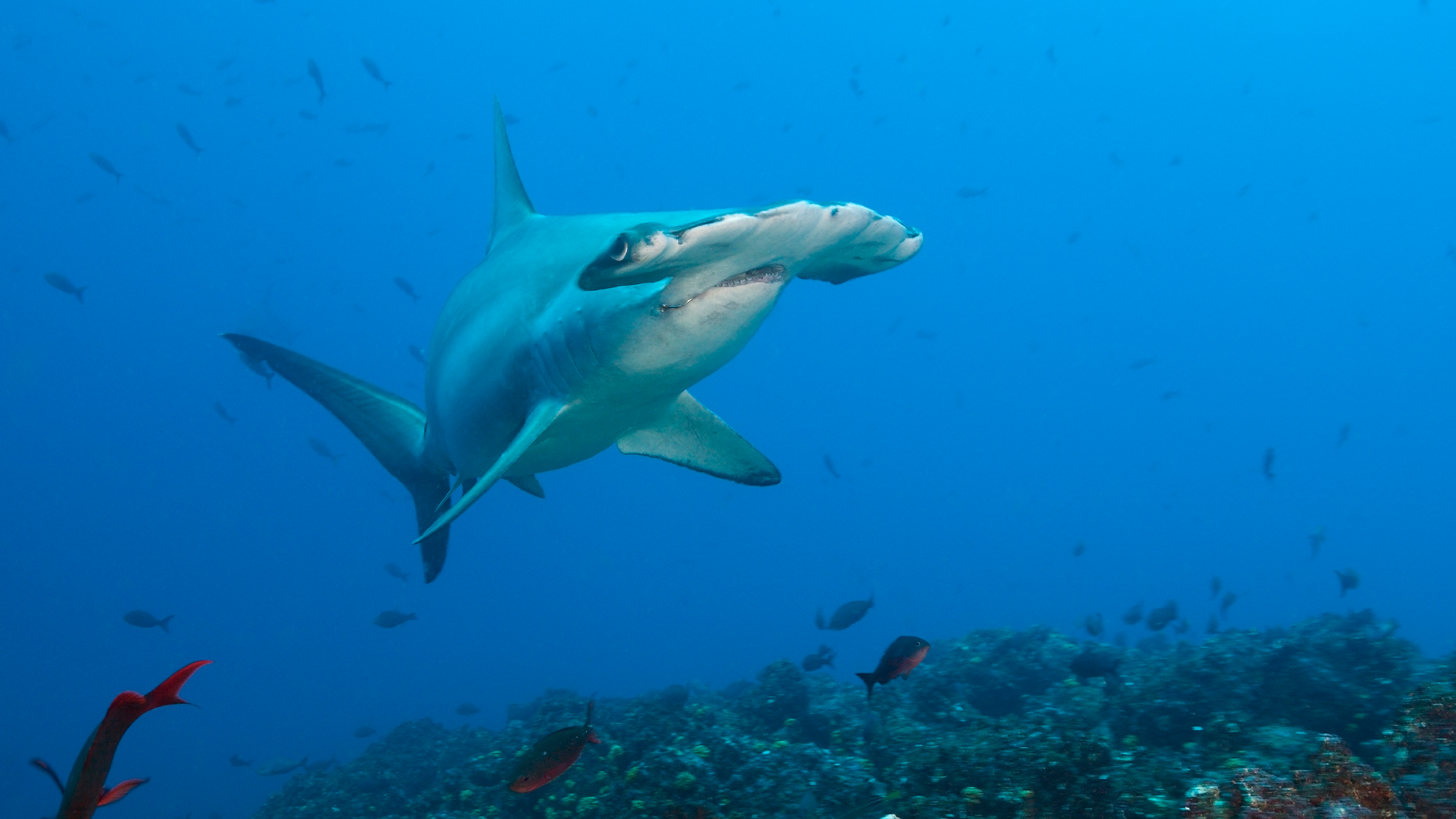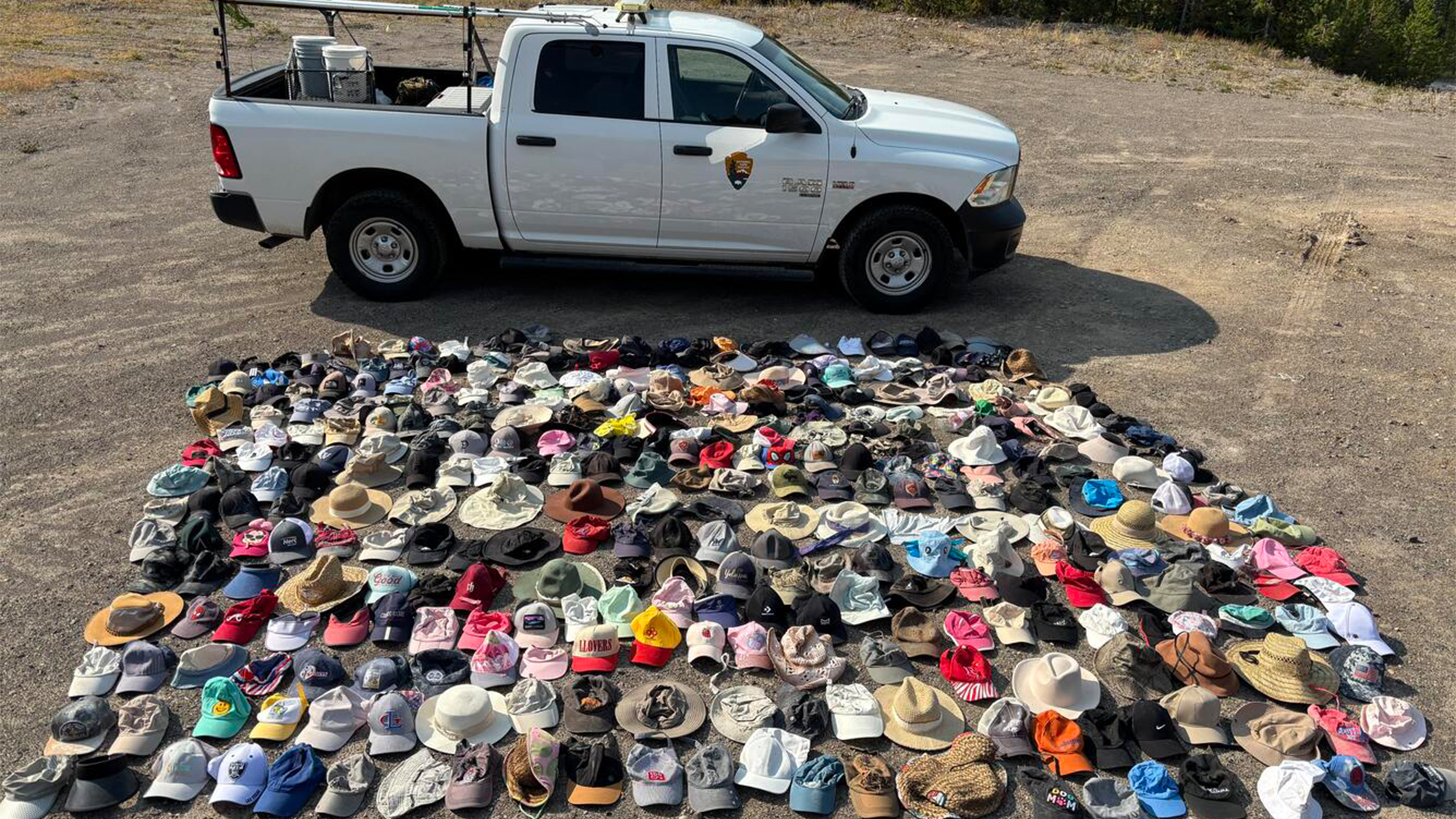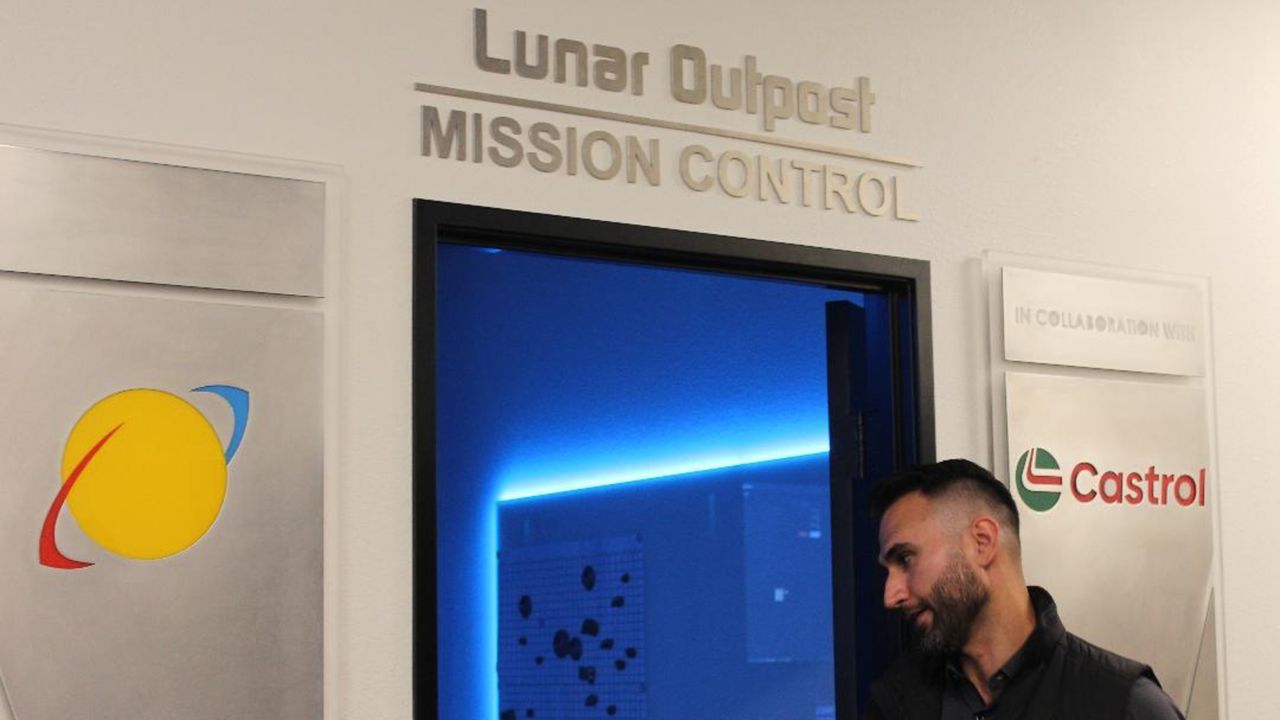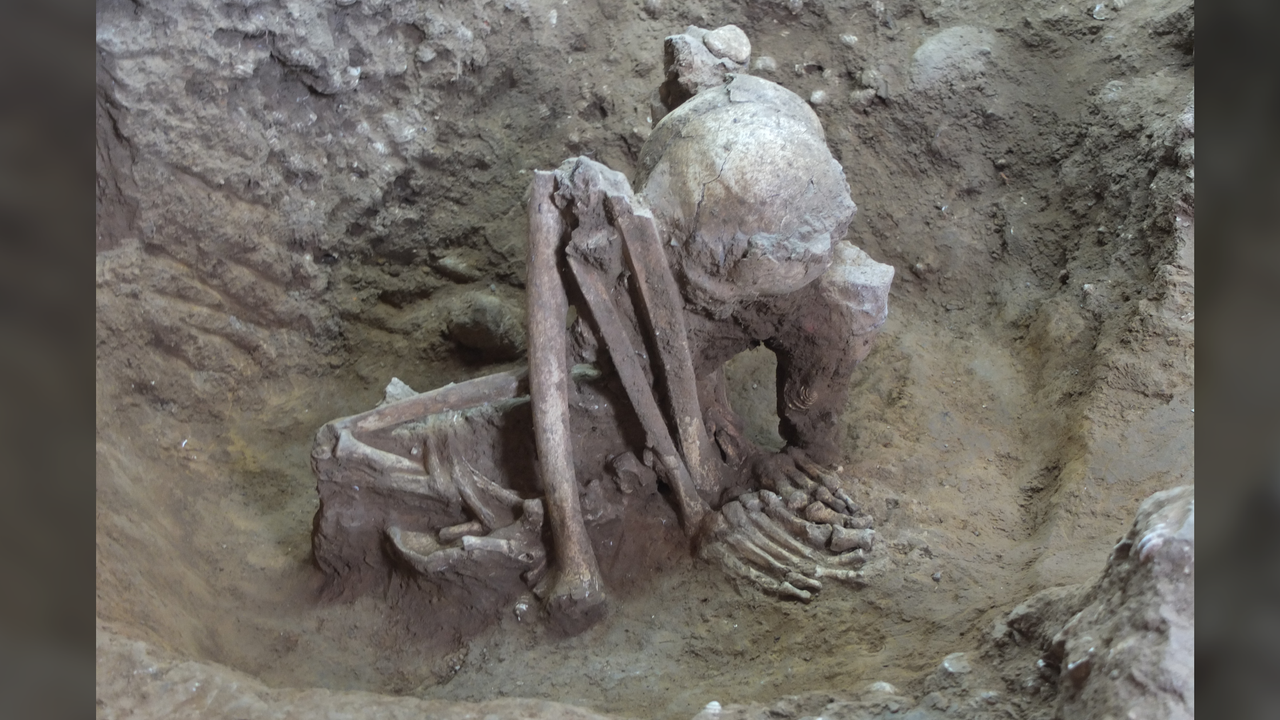130-year-old butter bacteria discovered in Danish basement
PositiveScience
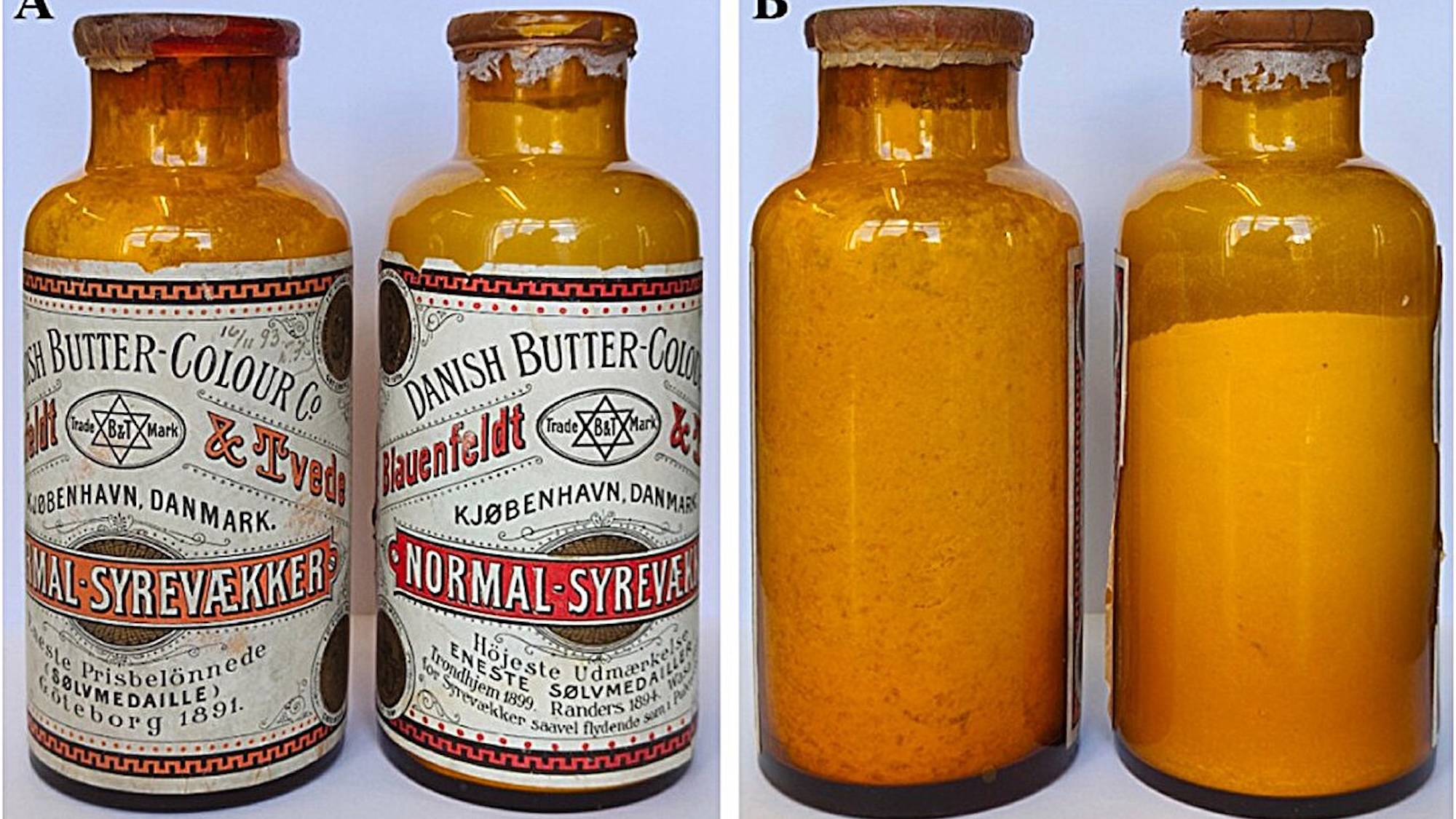
Scientists have discovered 130-year-old bacteria from butter in a Danish basement, showcasing the remarkable resilience of lactic acid bacteria.
Editor’s Note: This discovery is significant as it highlights the longevity and potential applications of ancient bacteria in food science and preservation, opening new avenues for research.
— Curated by the World Pulse Now AI Editorial System



